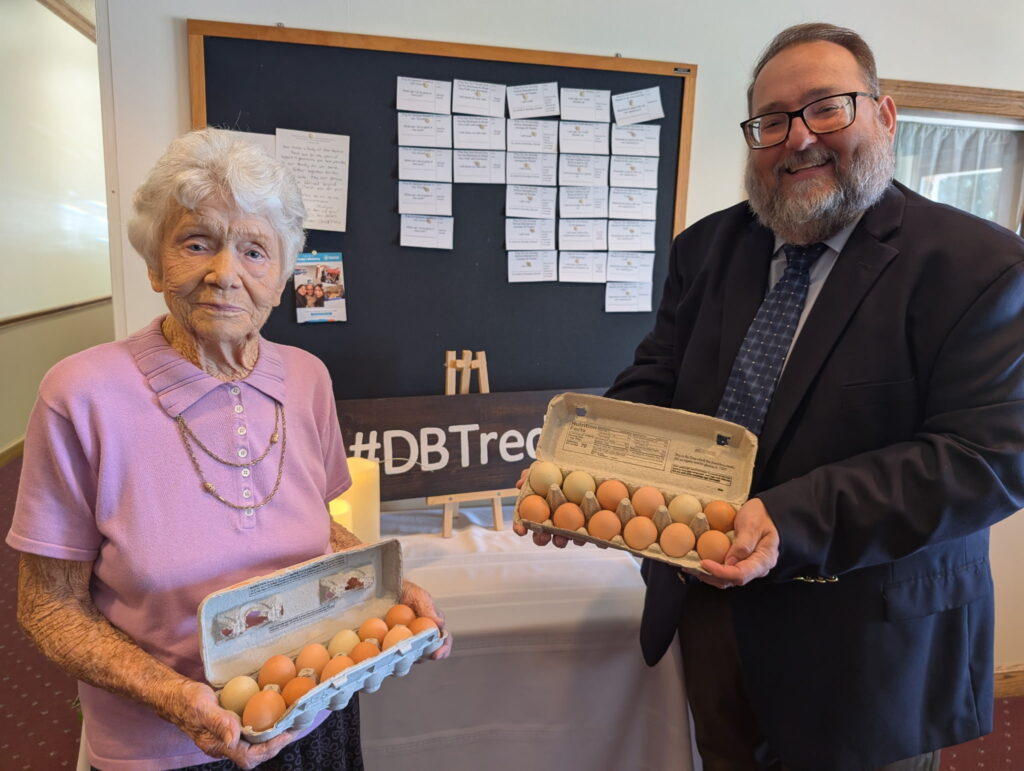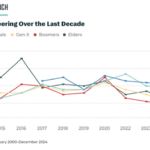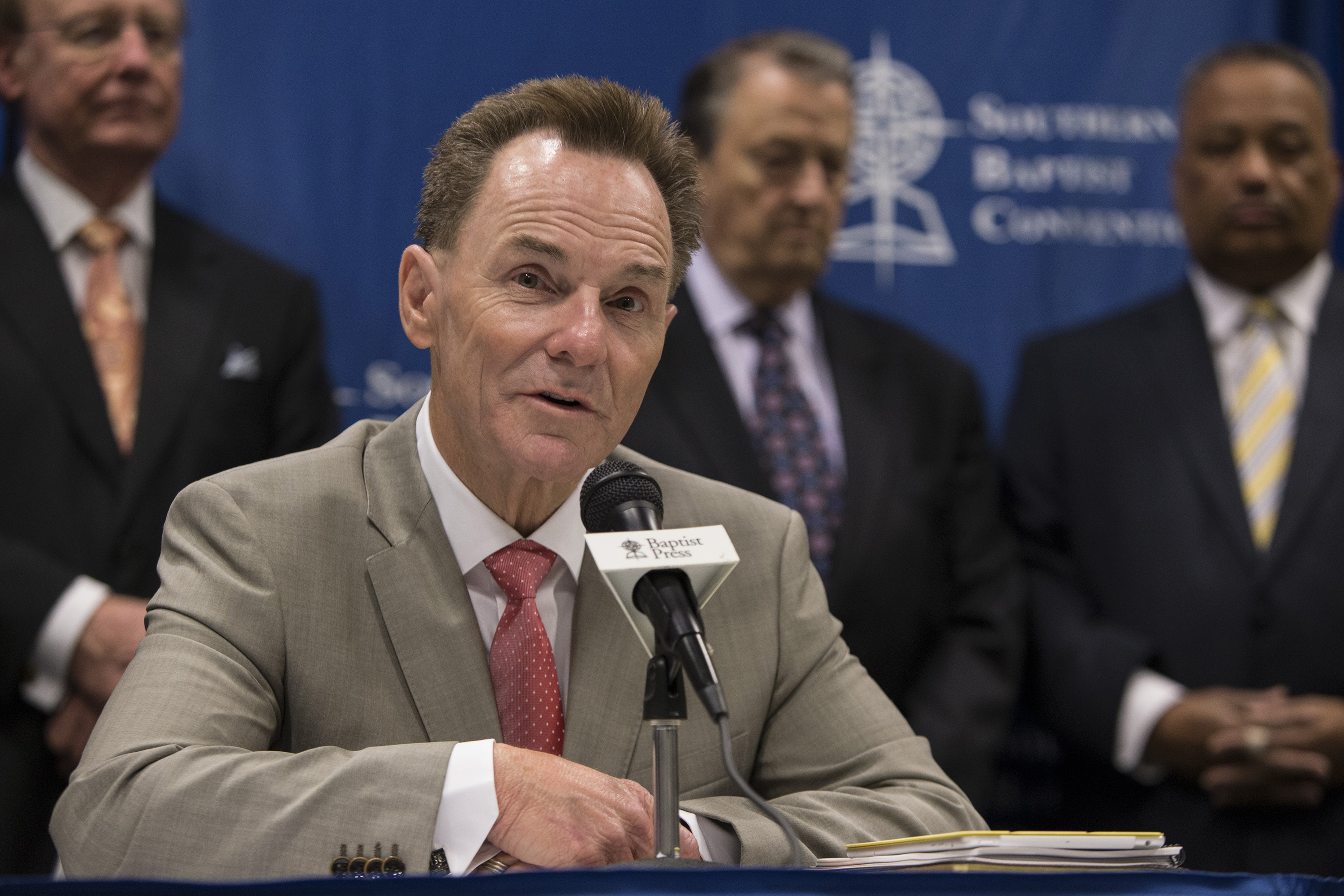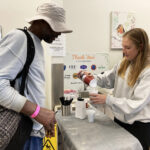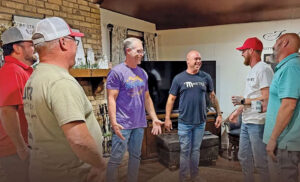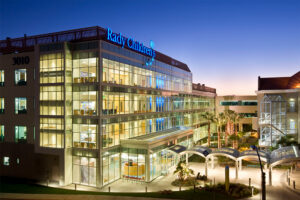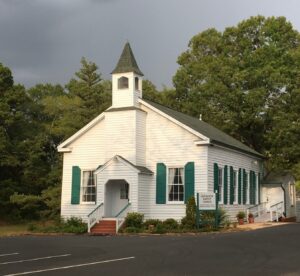
DOVER, Ohio (BP) – Like other members of Dover Baptist Church, 90-year-old Violet Allen brings her offering every Sunday. It includes about 20 containers of a dozen eggs, straight from her farm.
The gesture means a lot these days, as the eggs are made available to those looking for any and every way to deal with rising grocery prices. Food insecurity is always an issue in Appalachia, but it’s compounded when items cost more at the market and in restaurants.
Nationally, grocery prices rose by 2.2 percent over the last year while eating out has increased by nearly 4 percent, according to the Bureau of Labor and Statistics. It has not only put a dent in people’s bank accounts, but their emotional well-being.
A recent poll by The Associated Press and NORC Center for Public Affairs Research found that about half of Americans say grocery prices have become a “major” source of stress. Perhaps even more alarming, nearly as many (4 in 10) say they have used “buy now, pay later” methods for groceries, medical care, entertainment and restaurant meals.
Southeast Ohio is a rural area that needs more supermarkets, said Chris Rhodes, pastor of Dover Baptist Temple and director for Muskingum Valley Baptist Association. More Dollar Generals have popped up, though items there come at a higher cost per unit.
“A lot of families here are on some type of government assistance, so it’s very hard to get food,” he said. Some churches manage their own food banks while others either partner with those banks or one associated with the government, though that option usually leads to conditions forbidding evangelism or even handing out biblical literature.
In an area with a lot of private farms, churches like Dover Baptist Temple bring their own bounty.
Parker Allen served as deacon chairman and was just “one of those guys,” said Rhodes. His family moved up from Virginia, with Allen working in the steel mill while running a farm. After his death, Violet continued to bring the eggs. And yes, she gathers them herself.
“Her son runs the farm,” said Rhodes, “but no one touches those chickens but her.”
Churches in Beauregard Baptist Association in De Ridder, La., partner with God’s Food Box, a cross-denominational ministry. Tom Bruce, associational mission strategist and a God’s Food Box board member, says requests have increased over the last couple of months.
“De Ridder has a very cooperative mindset among its churches,” he said.
God’s Food Box is open two days a week, with meals distributed according to applications. Volunteers pack up bags according to the number in the family making the request. Bruce estimates the effort feeds approximately 800 people a month.
Montana’s 36.7 percent grocery price increase is second only to Vermont’s (37.4 percent).
“It’s one of those coffee shop conversations that people keep talking about,” said Caleb Groteluschen, lead pastor of Capstone Church in Helena. “Everyone’s in the same boat and really feeling the weight of it.”
Groteluschen and his wife Courtney recently compared their grocery budget from three years ago and noticed it had more than doubled.
“We had added a few more mouths to feed (they have four kids under 8 years old), but they weren’t eating that much for that increase. I look at how much it costs to put on a basic spaghetti meal, and that has grown to be about twice as much.”
The costs can affect personal ministry. The Groteluschens, like others in church leadership, enjoy hosting others. Those meals can cost upwards of $100.
There are other shopping options. In a state with a lot of ranches, families are going a wholesale route by purchasing a cow or going in with someone else for the meat.
Groteluschen has considered it, but also hunts his own meat.
“We rely pretty heavily on wild game. This time of year, my wife will look at me and tell me to go kill something because we need to fill our freezer again,” he said.
Elk is the primary request and can bring up to 300 pounds of meat. Turkey, pheasants and deer are also on the menu, with Groteluschen doing his own butchering. He also fishes and makes his own bacon.
He says God has taken care of his family. Nevertheless, he has recently added a side gig installing security systems to help with budget needs such as higher grocery bills.
Capstone doesn’t get too many requests for food, though the church has responded to such needs. Helena has approximately 700 nonprofits in the area, Groteluschen said, that cover a lot of that ground.
But neighbors do that, too.
“There are a lot of folks who will trade meat,” he said. “A guy came to me the other day and said he needed to make room in his freezer and did I want half a pig. I told him sure. People would much rather give it to someone than get rid of it.”
